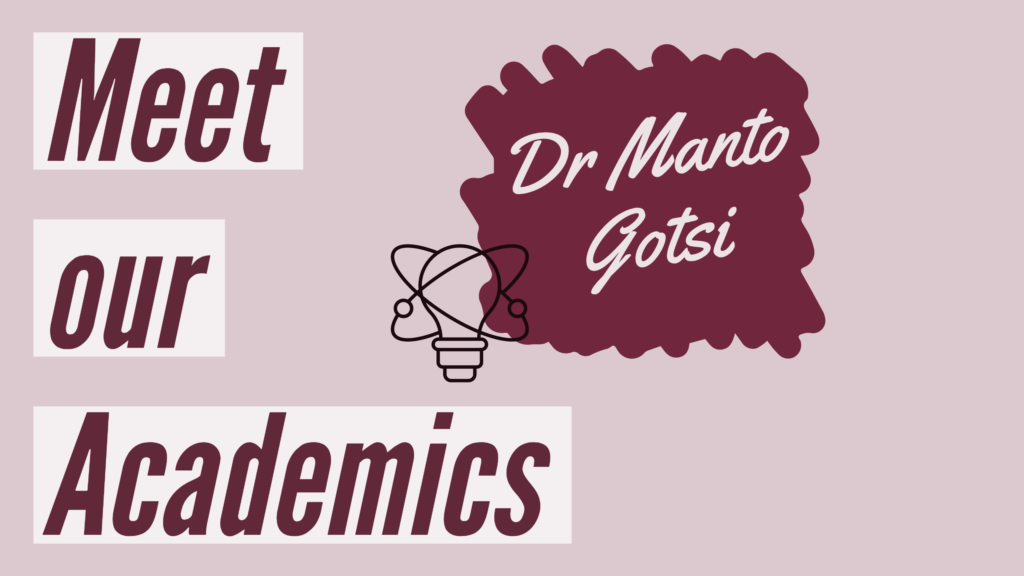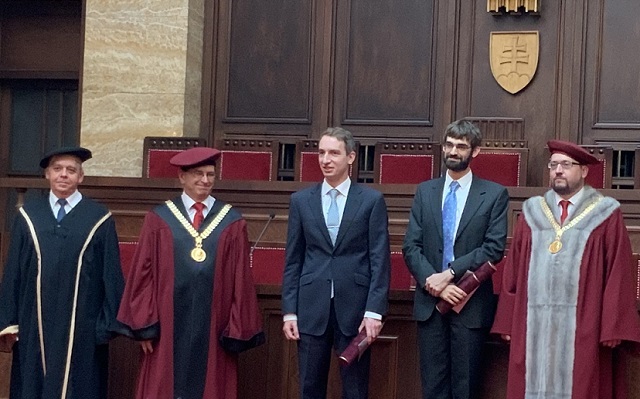
Dr Manto Gotsi is a Senior Lecturer in Marketing in Birkbeck’s Department of Management. She is Programme Director for the new online MSc Marketing and Module Convenor for Consumer Behaviour.
 Q: What is your #BBKStory?
Q: What is your #BBKStory?
My academic career to date could have been entitled “A Greek’s adventure around the UK”, if only Northern Ireland featured in my appointments. Born in Athens, I travelled to Glasgow to study a BA(Hons) in Marketing at the University of Strathclyde. I’ve always loved writing, so my 18-year old self thought that a degree in Marketing would help secure a job as a copywriter. While studying, I worked in the Marketing department of a bank and in a PR agency, only to realise that writing marketing material was not the creative endeavour I envisaged. So, I decided to embark on a PhD in Marketing at Strathclyde – and join the creative freedom of the academic community.
Since then, I’ve held Lectureships at the University of Aberdeen and Brunel University, a Senior Lectureship at Cardiff University and a Readership at the University of Westminster. I’ve always been looking for an opening at Birkbeck. I strongly believe in the transformative power of education, to open horizons, improve job prospects and trigger new careers – and Birkbeck seems to be the perfect ambassador.
Q: What are you currently working on?
My research focuses on the management of paradoxes – how organizations, teams and individuals respond to competing demands and resulting tensions. At the moment, I am working on two exciting research projects. The first has been an eye opener. It is an exploratory study of the formalisation of informal entrepreneurs – waste pickers in Colombia – which has recently been funded by a British Academy/Leverhulme Small Research Grant. Findings reveal the struggles that waste pickers experience in disengaging from their informal role and transitioning into a formal entrepreneurial identity. The study ultimately argues that formalisation is a process rather than a destination. The second is in the corporate realm, exploring how different types of team goal orientation are linked to radical innovation outcomes in a corporate research lab in the USA.
I also lead the development of the new online MSc in Marketing to be launched in September 2020 in collaboration with the University of London. This is an exciting initiative for many reasons. Firstly, I strongly view online learning as part of the future of education – and I am delighted that Birkbeck plays a role in this new era. Secondly, I believe that online learning sits very closely to Birkbeck’s ethos and values of enhancing access to education. Beyond part-time learning in our on-the-ground programmes, online programmes thus seem like a natural extension. Lastly, on the personal front, this programme is an opportunity for me to learn new skills, which I am very much enjoying!
Q: What do you do in your spare time?
I have always enjoyed writing poetry and short stories and recently I’ve been flirting with the idea of publishing my work. Beyond writing, I adore travelling. I spend most of my disposable income travelling around the world with my family and friends. I love exploring new places, understanding how people live and trying out new cuisines. I am an avid reader of novels and poetry, and also follow international news with a passion. I also enjoy hanging out in the Victoria and Albert Museum and having endless coffees with my friends.
Further Information:









